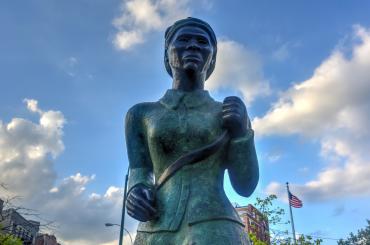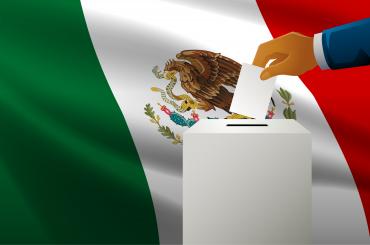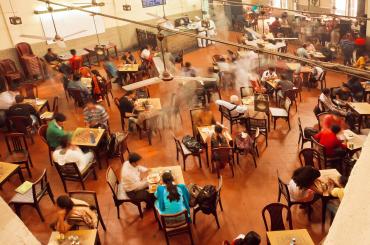
Institutions & Political Economy
-

How a documentary film fostered interethnic harmony in Bangladesh
A documentary film, shown to a majority group, portraying the daily lives, cultural practices, and socioeconomic struggles of a minority group in Bangladesh, increased prosociality and reduced complaints against the minority.
-

How do voters respond to information on local politicians’ performance?
Voters that received information about municipal education outcomes in Chile punished mayors with poor performance at the ballot box.
-

Why history continues to shape racial inequality in the US
Nearly 160 years after the end of slavery, significant disparities persist between Black and white Americans. Those whose ancestors were enslaved until the Civil War have less education, income, and wealth than Black families whose ancestors were fr...
-

Can we use experiments to understand institutions?
A growing body of research uses experimental methods to study institutional quality and change, offering important policy implications.
-

Can social media be harnessed to bolster electoral accountability?
Digital information campaigns on social media can be used to disseminate objective information about government performance and bolster electoral accountability. Targeting information at a larger share of the electorate can raise the effectiveness of...
-

How anti-poverty programmes are used to undermine democracy in India
Welfare programmes, even when designed to prevent misuse, can be subverted by a political party and may encourage the centralisation of corruption.
-

Unfair rentals: Discrimination against transgender couples in Latin America
Does discrimination based on gender identity or sexual orientation during the housing search add to existing forms of discrimination and marginalisation? Does this further limit the opportunities for LGBTQ+ people in Latin America?
-

Can conversations about a minority reduce discrimination?
Evidence from India shows that discussions between peers from the same majority-group that include topics involving transgender people can be effective at reducing anti-transgender discrimination.
-

Lessons from Sesame Street on media representation, racial biases, and voting
Representation in child media matters. Sesame Street’s positive representations of minorities and working women in 1969 had long run impacts on prejudices, influencing people’s propensity to vote for diverse candidates decades later.